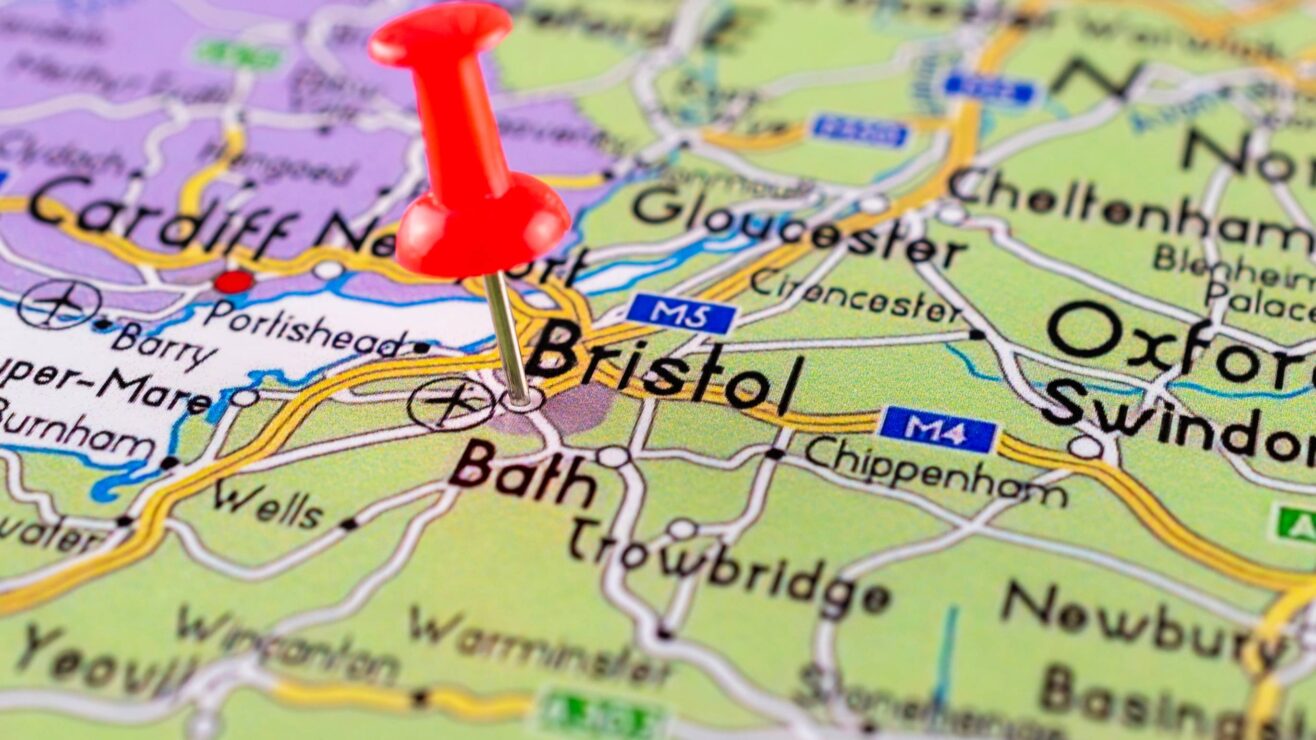The government’s HE Green Paper published on Friday goes out of its way to tell you that the proposals are student-centred and driven by what students want. But on closer inspection not all is what it seems. The document’s logic has “students” at the heart of the system. If and only if those students can afford to pay higher fees, study full-time, and what they want is what employers want.
There is a fundamental shift of power within its pages. Mr Johnson would have you believe it’s putting more power into students’ hands. After all, he has named an Office for us (I’m assuming my invitation to the grand opening is in the post) – I wonder if it will be like Spectre’s new Joint Intelligence Service building? The name’s Johnson. Jo Johnson.
When you read more closely, what you will actually find is that this new super-quango is “in the interests of students”, not for students. It’s not even all about us – it’s in the interests of employers, and the taxpayer too. I suppose the Office for Students, Employers and the Taxpayer was a bit of a mouthful, but at least OfSET would be an appropriate acronym.
It will truly serve the taxpayer as what’s left of the teaching grant might be administered through it or the Student Loans Company, whose major claim to fame is the number of newspaper inches taken up with articles about their poor practice, misadministration and blunders. Thanks, Jo.
The government say they are giving power to students to be able to be better informed consumers. That if we have the right information, we can choose the best institution – based on which graduates are getting the best jobs – and therefore, we will be deciding which institutions get to raise fees and which institutions will shut down.
Not only is that morally defunct, but it’s not even true. The power to raise fees will now lie with the government, not with students. At least when an act of parliament was required, students could hold their representatives to account. The new system gives the government the unlimited power to change fees as they see fit – with no vote, no democratic accountability, and no possibility of them needing to hide in their offices from our witty placards (which were incidentally made possible by the critical thinking skills developed through an education system continually restricted by this government’s market logic).
Meanwhile, focus on only using metrics removes critical aspects of quality assessment such as the student written submission, replacing them with entirely inappropriate assessments of education quality such as the Destination of Leavers from higher education (DLHE) data. In fact, there is an alarming emphasis on employers throughout. 57 mentions of what employers want, telling us that students aren’t ready for the job market; that employers are annoyed that students aren’t coming out of university immediately ready to generate them more profit; that employers want more of a say in generating the content of curricula. Really, who is gaining the most power here?
This paper cannot be read in isolation. It comes out against a backdrop of the scrapping of maintenance grants, Disabled Students’ Allowance (DSA) cuts, loan repayment hikes, huge drops in part time student numbers and increasing surveillance of international and Muslim students. It sits alongside a 2% corporation tax reduction and a Trade Union Bill that chips away at workers’ hard won rights.
The Trade Union Bill actually appears in the Green Paper, in section in which the government claims it is keen to “increase the accountability” of students’ unions. You know, the place where students are genuinely powerful. Maybe they’re still embarrassed that when they took £150 million out of the National Scholarship Programme, we turned it into a £54 million win for students by getting nearly every university to scrap the “fee waivers”, putting that money directly in students’ pockets, instead of allowing it service an accounting trick by the Treasury.
It was students, not the government, who first put forward solutions to postgraduate funding – solutions the sector told us would never happen, only to have them introduced two years later. It was students who campaigned and won just about £100,000 in compensation for substandard accommodation at University College London.
We are powerful, but potentially under threat, while institutions are going to be removed from Freedom of Information (FOI) requirements. It is FOIs that allow students to challenge power. Students’ unions have used them to hold institutions to account on issues as diverse as vice chancellor pay, divestment, and the racial diversity of senior academics.
We are not afraid of these questions, we have nothing to hide, and as they say – if they are shooting at you, you must be doing something right. But the false narrative stinks: it’s giving students “power”, whilst simultaneously targeting everything that really does.
But, the key word is ‘passive’. The government sees us as passive consumers, monitoring our behaviours, attainment and outcomes, and shaping the education sector to serve the demands of employers, keeping students happy with shiny buildings and leaving educators and teachers entirely out of the equation. At the same time, placing the responsibility for funding education on individual students themselves, giving businesses increasingly extensive tax breaks and dismantling labour laws to ensure that once students do become workers, they don’t have the means by which to organise for their basic rights.













This response is sharp, witty, angry and spot on in its analysis. Thank goodness that students can see through the neo-liberal “student-centred” government agenda.
I’m not sure i necessarily agree with your assessment that the “new system gives the government the unlimited power to change fees as they see fit – with no vote, no democratic accountability”. Any change to the statutory powers of the Secretary of State would require secondary legislation at the very least to implement. Sometimes these can be implemented without a vote but for contentious issues – and this would be a very contentious issue – the change would need to abide by full parliamentary procedure. In addition, at the end of the day, the Secretary of State is always… Read more »